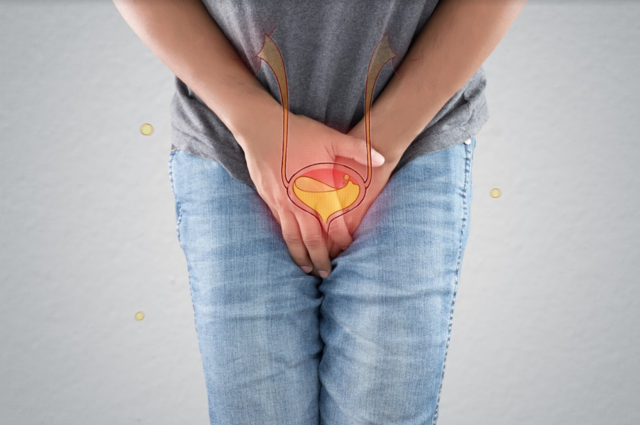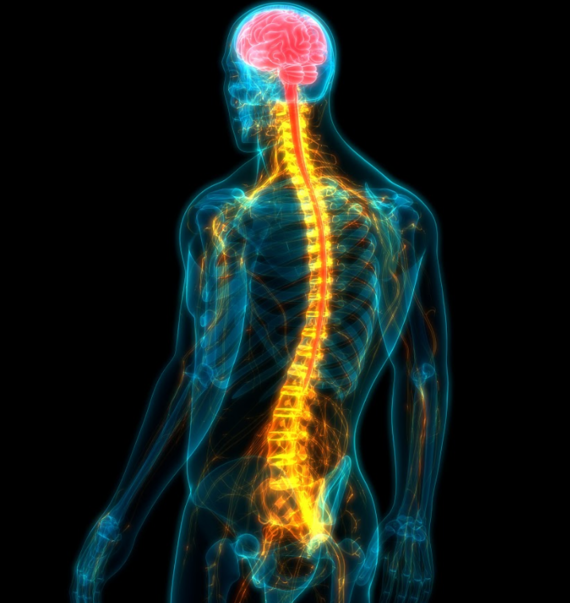Incontinence in adults can affect both men and women, and may be caused by several factors, from pregnancy to spinal cord injuries. Click here to learn more.
Incontinence is referred to as the loss of bladder control (whether urine or feces) and can vary in severity. Whilst it can affect people of all ages, it is typically associated with adults and is generally said to be caused by weakened bladder muscles. 1 in 4 adults in Australia are affected by this issue, and up to 25 million in America. It is also suggested to effect women more so than men, especially as they reach menopausal ages.
The main types of adult incontinence include:
- Urge (overactive bladder)
- Stress
- Functional (disability-associated)
- Overflow
- Mixed (stress and urge)
- Urinary retention
Incontinence may negatively impact your life in several ways, from increased anxiety and denial to inability to work and/or embarrassment in social situations. It is important to understand the potential causes of incontinence, and how it symptomatically presents itself.
Pregnancy
During pregnancy, your pelvic muscles go through many changes, and this could often lead to incontinence, as explored by knix. It can be difficult for some women to decipher whether the leakage is indeed urine, or instead amniotic fluid. Doctor Michael Weber, however, suggests that if leakage is light and intermittent, it is more likely to be due to incontinence.
Pressure is seen as one of the biggest causes of this somewhat embarrassing problem. Not only does the baby add additional weight to your bladder, but sometimes even the simplest of motions, such as sneezing, jogging, or laughing may cause your vesical function to have a hissy fit, and leak some unwanted urine when you’re least expecting it. This, as mentioned above, is referred to as stress incontinence.
It is no secret that pregnancy can alter your hormones, and do all sorts of crazy things to your body. Scientists have confirmed that incontinence could be one of these things. This is due to elevated levels of a hormone called “relaxin”. The name alone highlights the relaxing effects that it has on the pelvic ligaments, which may ultimately create a space more prone to leakage.
Childbirth
Childbirth could completely alter your pelvic functionality and structure depending, on the type of birth and the potential complications. If your labor time was long and strenuous or you ran into difficulties along the way, incontinence may be a potential post-partum result. It has also been suggested that women are 3 times more prone to suffering from urinary incontinence after a vaginal delivery, rather than a caesarean.
Contributing factors may include:
-
First pregnancy
-
Difficult labor (tears)
-
Nerve damage
-
Large child
-
Interventions to help delivery (forceps)
Menopause
Just as pregnancy and childbirth alter your hormones, so can menopause. It isn’t just hot flushes and mood swings that you have to look forward to; incontinence is also a likely result. As estrogen levels in women lower during menopause, so may the strength of their bladder muscles. This can lead to accidental and/or frequent urination. .
Spinal cord injury
Almost 10,000 people every year in the United States suffer a spinal cord injury. The spinal cord is a vital part of the body’s central nervous system, and acts as a pathway for the brain’s signals. However, if the spinal cord is damaged, the muscles within our bodies and their ability to receive messages may be compromised. This can often lead to incontinence, as the spinal cord is responsible for telling the bladder when to relieve itself.
Depending on the nature of the accident, whether the resulting injury is complete or incomplete, the bladder muscles may be affected in slightly different ways. Some individuals who still acquire fine motor may be able to pick up on a few signals, and control their bowel to some extent. It’s important to consider several options of management, in order to ensure that your life remains as comfortable as possible.
Spinal cord incontinence may look like the following:
-
Limited or no control
-
Inability to relieve oneself from urine and feces
-
Inability to fully empty bladder
-
Urinary tract infections
-
Frequent urges to urinate
-
Bladder pressure and overflowing of urine
Prostate cancer
Men who undergo prostate cancer removal surgery or radiation may suffer from accidental leakage due to spasms and/or damaged nerves during the process. Depending on the severity of the results, some men may lose a little urine every now and then, whilst others may experience stress incontinence (common after surgery). Those who undergo radiation are allegedly more likely to experience urge incontinence.
Incontinence can be an embarrassing, emotional, and uncomfortable condition with various potential causes. Whilst women are more likely to suffer, men are not exempt, especially if undergoing surgery or living with an injury. It is important to consult with your doctor regarding potential management options, and to educate yourself as best as possible.













